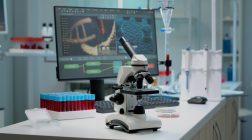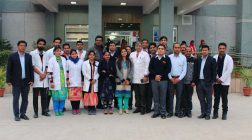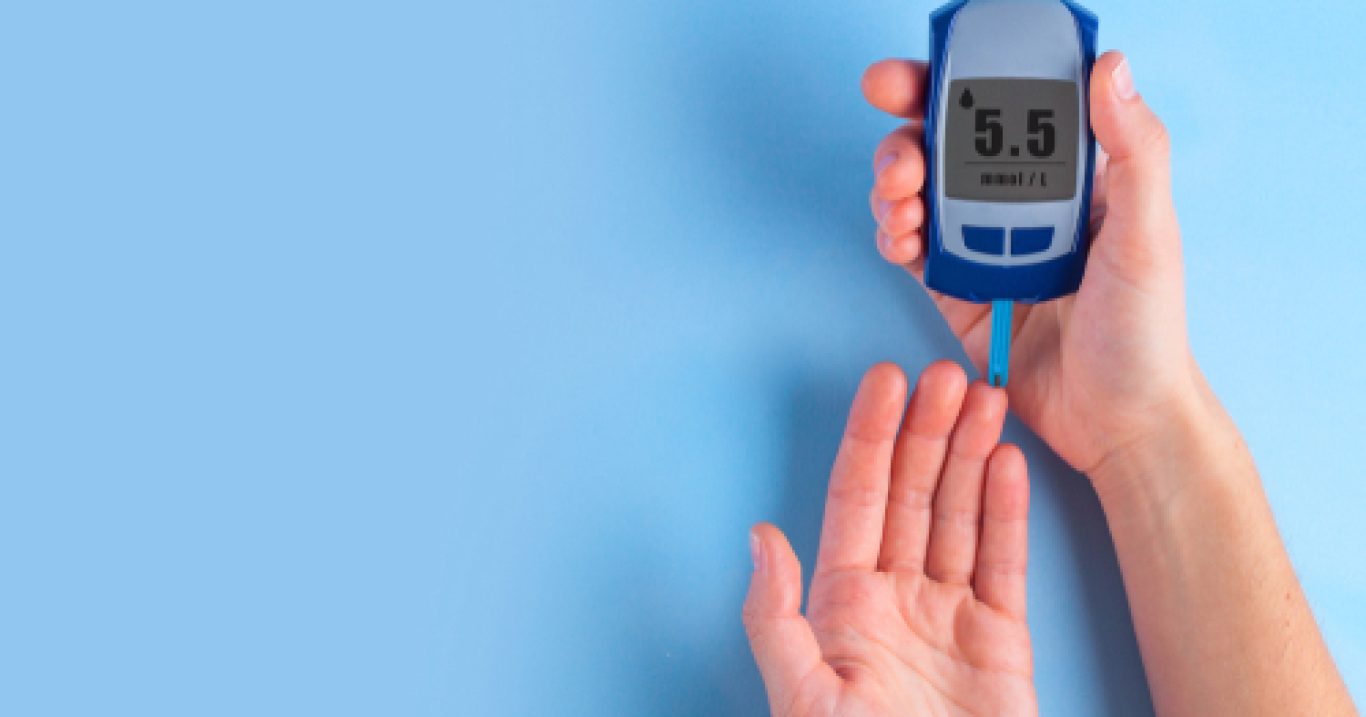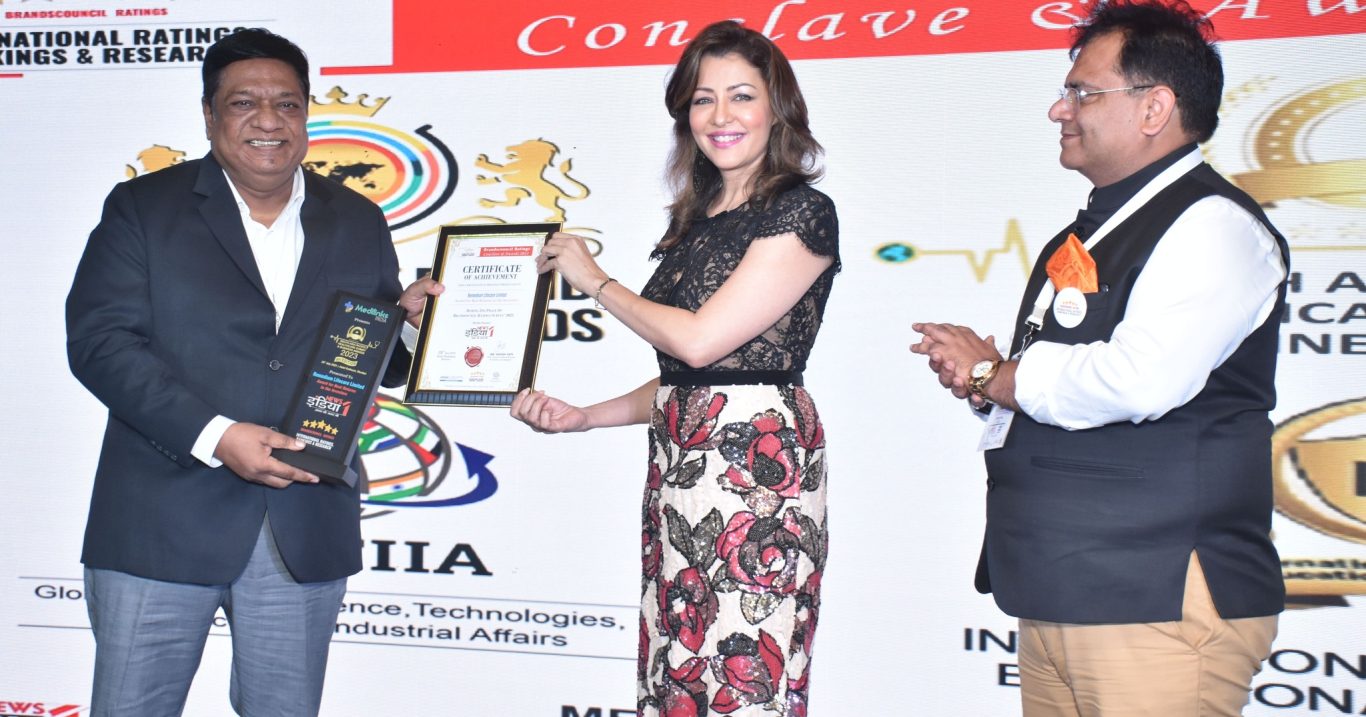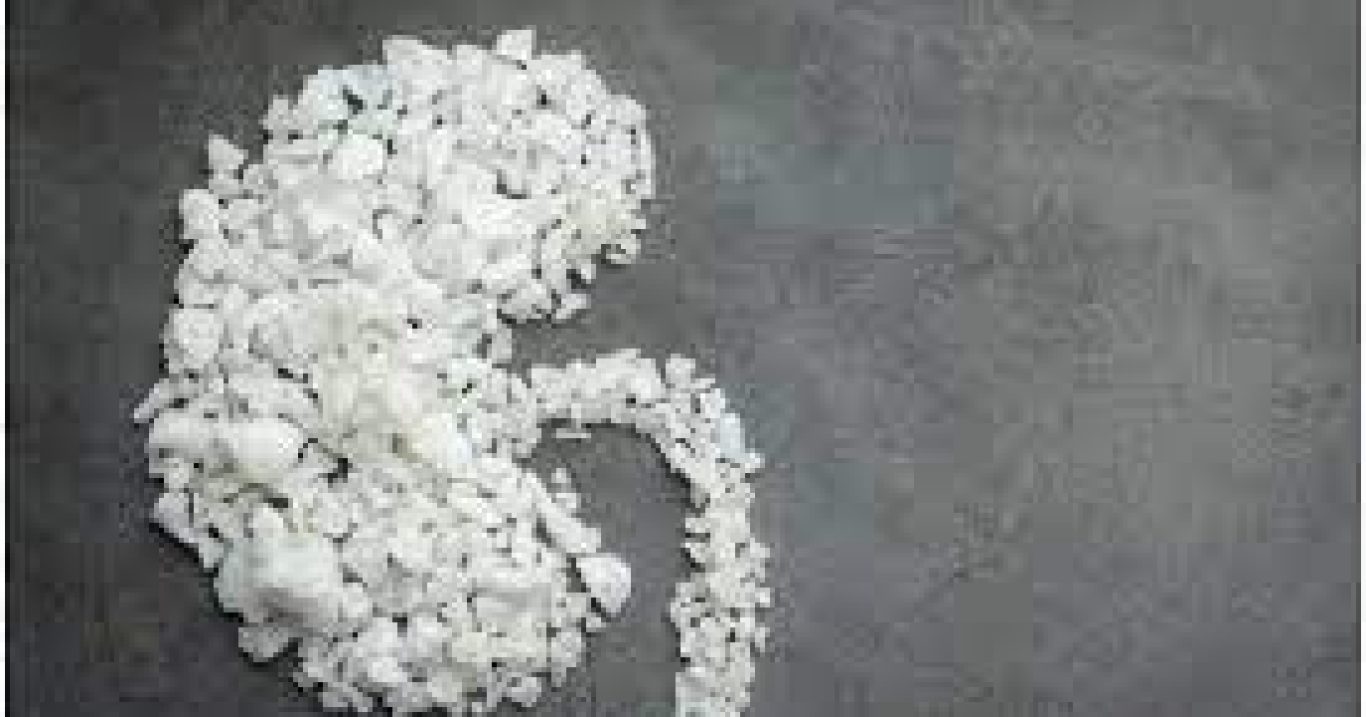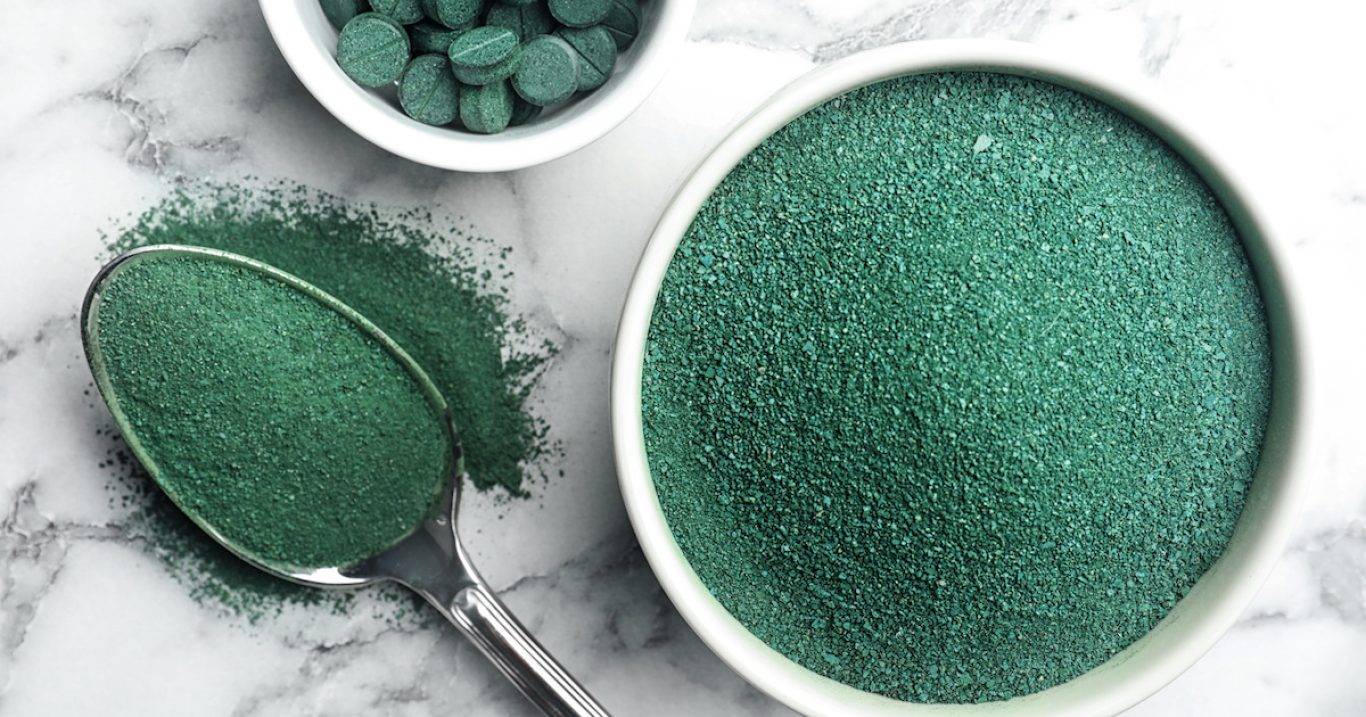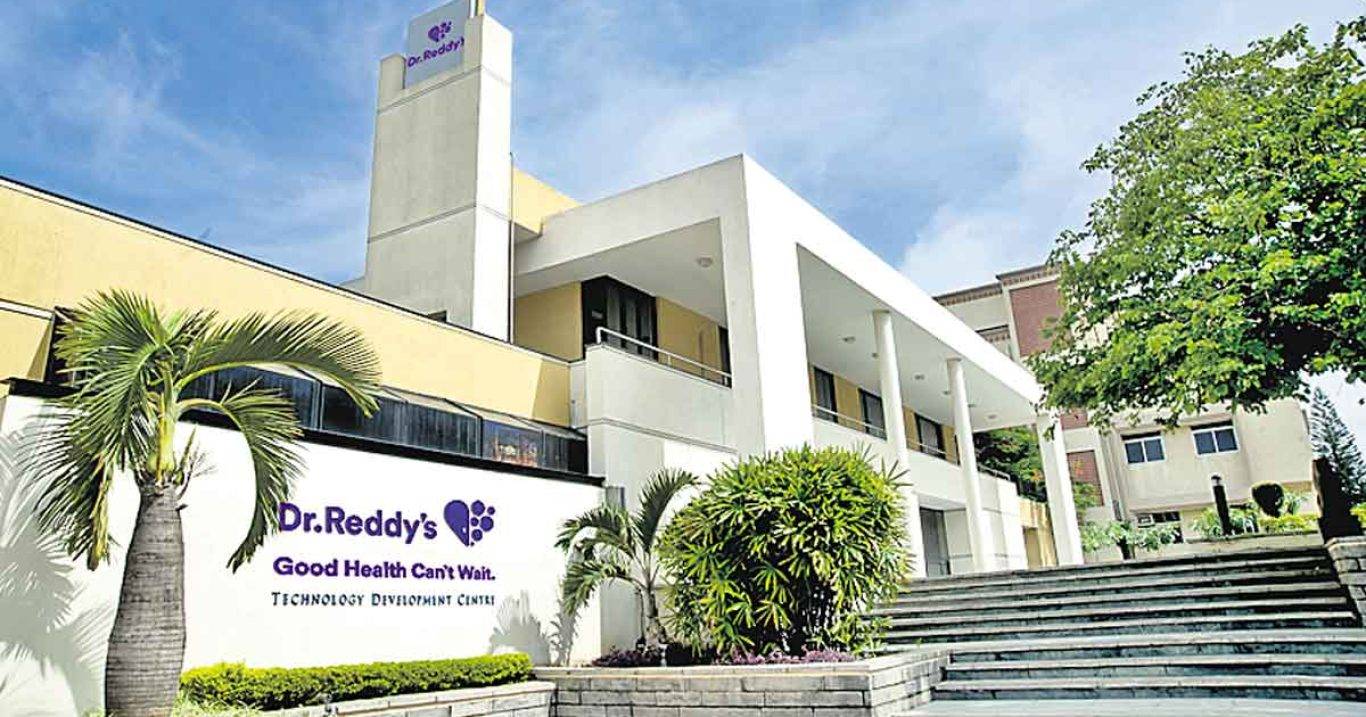prevention must be advocated strongly
The recent revelation by former heavyweight boxing champion Mike Tyson that he is on the verge of dying due to his drug and alcohol problems has once again revived the debate in the medical fraternity regarding how far de-addiction goes to make an addict “sober”.

In recent medical conferences, surgeons and oncologists have been vociferously arguing that prevention must be advocated strongly. On a positive note, rehabilitation centres have increased in India and physicians are accepting drug abuse and alcoholism as a “Disease of Addiction” — whereby it is treated as a biological problem. This has also given rise to the theory that as every disease has a protocol of treatment, it also has a set of rules for prevention. The need for prevention also arises from the fact that de-addicting is a debilitating financial task. And since most addicts don’t have the finances to approach a expert help, de-addiction becomes difficult.
Given these parameters of the disease, the medical fraternity feels that prevention must be advocated strongly. While it is an accepted norm that moderate alcohol is good for health, daily consumption has detrimental effects and weaning an addict off alcohol is tough. The history of chronic addicts has been synonymous to Mike Tyson’s appeal, “I wanna live my sober life. I don’t wanna die”.
‘There are absolutely no medicines to treat addicts’ – Dr Narasaraju, Sunshine Hospital

Addicts, at later stages in their life, suffer from diabetes, obesity, very high levels of cholesterol and triglycerides that have an effect on their heart muscles. Among chronic alcoholics, the liver too is badly affected.
Whenever a patient walks in with cardiac problems, doctors check their alcohol history and in chronic cases, treatment becomes very difficult. Dr Narasaraju, Interventional Cardiologist and Clinical Director at Sunshine Hospital says, “For their cardiac problems, we are able to provide treatment but it becomes very difficult to handle their alcohol problem. Their hallucination levels are high and they often mislead doctors. Aggressive patients demand alcohol and often the family members have to intervene. There is no medicine to subside the craving. The metabolic activity in the brain begins to substitute alcohol as one of its contents and the craving makes a person desperate and very aggressive. There is no way this can be treated. For drug abuse, the substitutes of nicotine help but for alcohol there is absolutely nothing.”
It’s an indirect source of cancer – Dr Kausik Bhattacharya, Apollo Cancer Hospital

There is an indirect relation between alcohol and substance abuse and cancer. Dr Kausik Bhattacharya, oncologist at Apollo Cancer Hospital says, “What is shown in the movies gives wrong impressions. We have been seeing many youngsters coming to us with these problems and they often say ‘had we known we would never have got into it’.”
These days attempts are being made to visit colleges and explain the consequences of habits and the impact these can have on families.
De-addiction needs regular monitoring – Dr K. Prashant, Yashoda Hospital

Experts say that the problem is the approach of asking them “not” to drink. It’s like telling a person with flu not to sneeze of cough. In 70 per cent of addiction cases, a small portion is required on a regular basis. Dr K. Prashant, psychologist at Yashoda Hospital says, “This is because the addicts believe that till they hit rock bottom, they will not stop. After that too, 30 per cent remain life-long addicts. This is because they are not able to accept life without that ‘medicine’. Only a few of them don’t go back. That number is sadly, negligible.”
- Government statistics show only 21 per cent of adult men and around two per cent of women drink in India. But up to a fifth of this group — about 14 million people — are dependent drinkers requiring “help”.
- The percentage of the drinking population aged under 21 years has increased from two per cent to more than 14 per cent in the past 15 years, reveals studies done in Kerala by a non-governmental organisation.
- More than half of all drinkers fall into the criteria for hazardous drinking, characterised by bingeing and solitary consumption. Moreover, spirits account for 95 per cent of the beverages drunk in India.
- Another severe problem for policy makers in India is that two-thirds of the alcohol drunk in country is unrecorded because it is either illicit local home-brews or has been smuggled into the country.



